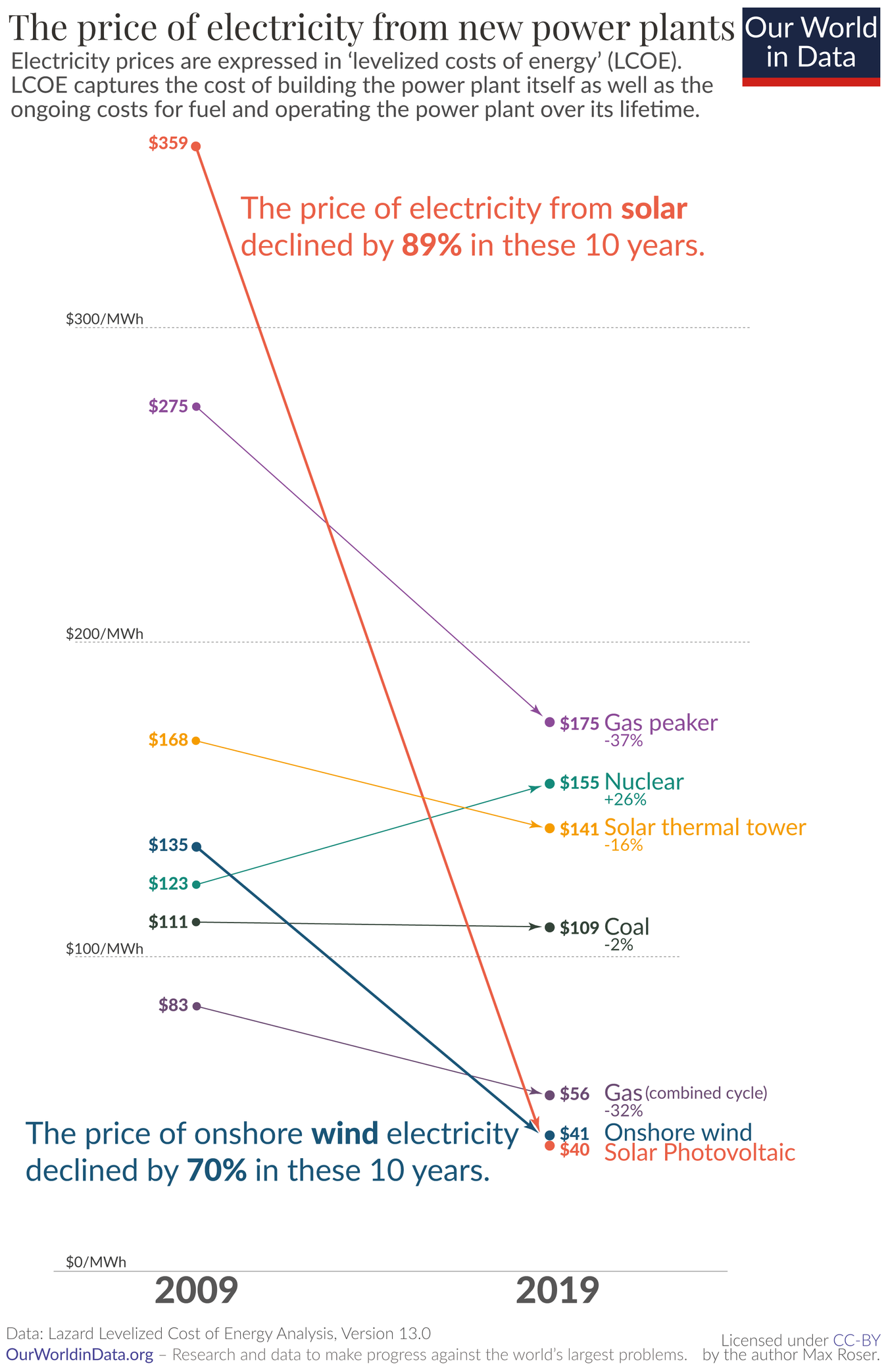Technology
This is the official technology community of Lemmy.ml for all news related to creation and use of technology, and to facilitate civil, meaningful discussion around it.
Ask in DM before posting product reviews or ads. All such posts otherwise are subject to removal.
Rules:
1: All Lemmy rules apply
2: Do not post low effort posts
3: NEVER post naziped*gore stuff
4: Always post article URLs or their archived version URLs as sources, NOT screenshots. Help the blind users.
5: personal rants of Big Tech CEOs like Elon Musk are unwelcome (does not include posts about their companies affecting wide range of people)
6: no advertisement posts unless verified as legitimate and non-exploitative/non-consumerist
7: crypto related posts, unless essential, are disallowed
view the rest of the comments

Hi, I'm a human being, not an "anti nuke propagandist". I just checked, if there's newer data, and well, there is, but no one seems to have formatted that in a way yet, which you or me would be willing to digest.
Personally, my impression has been that the solar industry was one of the industries that was pretty much completely unaffected by COVID, so I felt this graph was still perfectly relevant.
But even if it were strongly affected, I do not see why our technological progress in manufacturing, that we had in 2019, should evaporate with COVID.
There is inflation and a rise in natural catastrophes, but I feel like those would affect nuclear and others roughly proportional.
Well, if you omit batteries then you are mostly true, although with covid there was a huge shortage of electronic components that would affect solar a lot, at least depending on where you live. Batteries is a big unknown now, because with all the demand for it, we simply can't build enough batteries to feed all the grids with it.
Alright, yeah, good point with the batteries. I'm hoping the batteries in electric cars will double up as storage for the grid (already happening today), but also that there's just enough redundancy with other renewables.